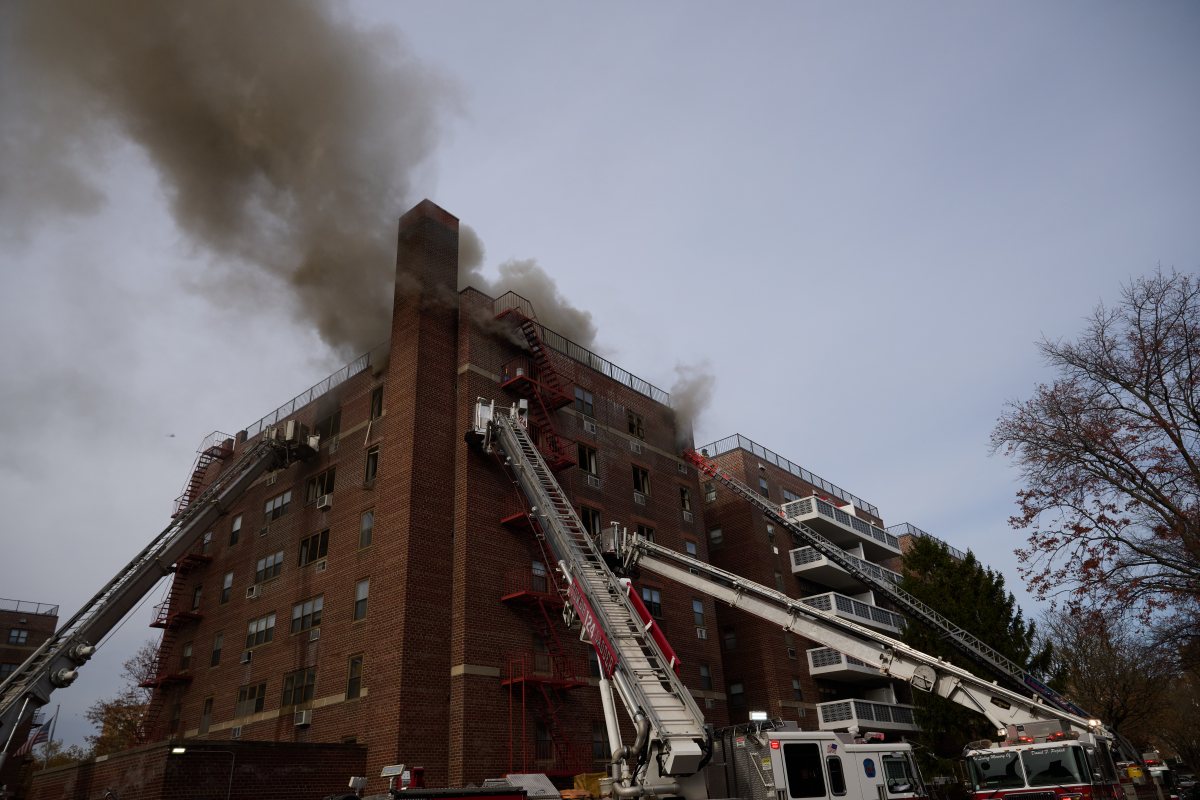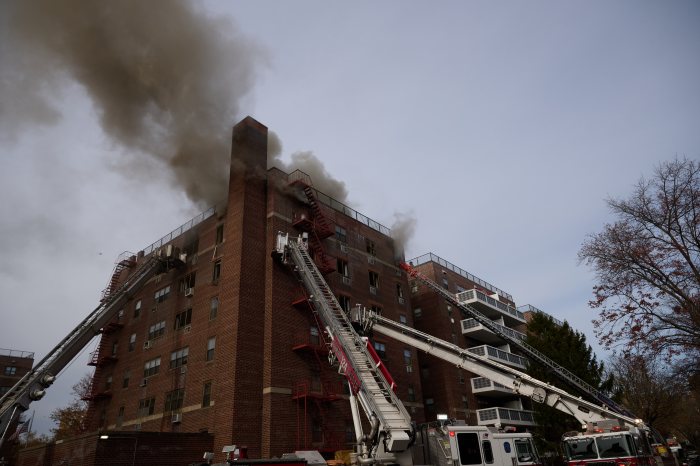By Ann Kjellberg
There has been an uproar among the public school parents of the Village and beyond about the administration’s botching of biannual elections for the city’s Community Education Councils. C.E.C.’s were created to replace school boards in the wake of Mayor Bloomberg’s assuming control of the schools. C.E.C.’s have few powers, but among them is the all-important power to ratify school zoning decisions — a vital instrument in neighborhoods rife with school overcrowding.
Downtown and Chelsea will certainly see rezoning in the coming years as new schools, the result of local parents’ passionate advocacy, come online. Greenwich Village may see a rezoning proposal that will make a permanent division between P.S. 3 and P.S. 41, an issue of keen importance to parents of future elementary school students. All 11 seats of our District 2 C.E.C. — nine elected members and two borough president’s appointees — are up for grabs.
The troubles began in January, when promised information on candidates’ eligibility and voting procedures didn’t materialize. The process didn’t get underway till March, with a final decision mandated by state law for June. Although the Department of Education claimed to be conducting substantial outreach to “community and faith-based groups,” not nearly enough candidates were recruited, and most public school parents were apparently untouched by the effort.
D.O.E. neglected to correct mistakenly restrictive eligibility rules on its Web site. When a “straw poll” (an advisory poll of parents on the available candidates) began on May 3, few parents had received word of it, and candidate information was incomplete and password-protected on D.O.E.’s C.E.C. Web site, powertotheparents.org.
Many parents and candidates never heard about candidate forums, scheduled the week of the much-hyped, fourth-grade state English Language Arts tests, which were sparsely attended. When actual voting (limited to presidents, secretaries and treasurers of P.T.A.’s) was scheduled to start on May 10, hardly any of the so-called “selectors” had received any information about the election. Many didn’t know they were eligible to vote.
Groups of parents, candidates and sitting C.E.C. representatives began protesting almost immediately, and after weeks of denials that anything was amiss, D.O.E announced a one-week postponement of the elections on May 12 to May 18. (The advisory “straw poll” of all public school parents was rescheduled for May 18-25, at powertotheparents.org, with real elections from May 27 to June 3.)
However, there has been no new outreach and no attempt to disseminate candidate information more widely or redress systemic exclusions of potential candidates. At a May 10 press conference with parents and candidates, Borough President Scott Stringer and Public Advocate Bill de Blasio called for a substantial postponement and creation of a task force. Dozens of elected parent representatives and parent groups have, as of press time, signed a petition calling for a redo of the whole process, starting from the candidates’ forums. Many parents have argued that these logistical failures stem from the administration’s disinclination to include parents in education policymaking, despite the fact that the legislature in 2009 took steps to ensure parental involvement.
In Lower Manhattan, Elzora Cleveland (Lab School), Michael Markowitz (P.S. 41), and Shino Tanikawa (P.S. 3) are running for reelection to the C.E.C., and Felicia Finch (Museum School), Eric Goldberg (P.S. 116), Edward Rice Leather (P.S. 116), Revlyn Philips (Lower Manhattan Community Middle School), Tamara Rowe (Clinton School for Artists and Writers), Demetri Ganiaris (P.S. 234), Peter Pao (P.S./I.S. 126), Emiliano Velasquez (P.S./I.S. 126) and Gina Valeri (P.S. 33) are running for the first time. (Only one candidate from each school can be elected.)
Local parents are anxious to elect a C.E.C. that will function smoothly in decisive zoning decisions ahead. In an administration averse to public participation, there are formidable institutional obstacles to the effectiveness of C.E.C.’s, and C.E.C. members have found they must work deliberately and with common purpose to make themselves heard. Parents fear the broken process may have undermined hopes for sound voting decisions by the few selectors, and that the result may be a haphazardly assembled and unworkable C.E.C.
One interesting feature of the drama is the extent to which potential mayoral candidates are aligning themselves with calls for more robust public participation in school governance. Many Village parents, such as Shino Tanikawa, Tamara Rowe and Leonie Haimson, were active in groups calling for an end to mayoral control of the schools when the first law expired in 2009, extending a long tradition of active parent participation in District 2 — including for instance, the Village’s own Keen Berger, now head of Community Board 2’s Youth and Education Committee and co-chairperson of Village Independent Democrats, who was once a member of the District 2 School Board.
Education may be an important force in how the coming mayoral race plays out Downtown. A recent Quinnipiac poll found three of four New Yorkers with children in public school disapprove of the mayor’s performance, a fact that may well shape Villagers’ voting decisions and the educational futures of the many Village toddlers growing into our local schools.
Kjellberg is a P.S. 41 parent and a founding member of P.S. PAC, an informal coalition of P.T.A. political advocacy committees working together on common concerns.




































